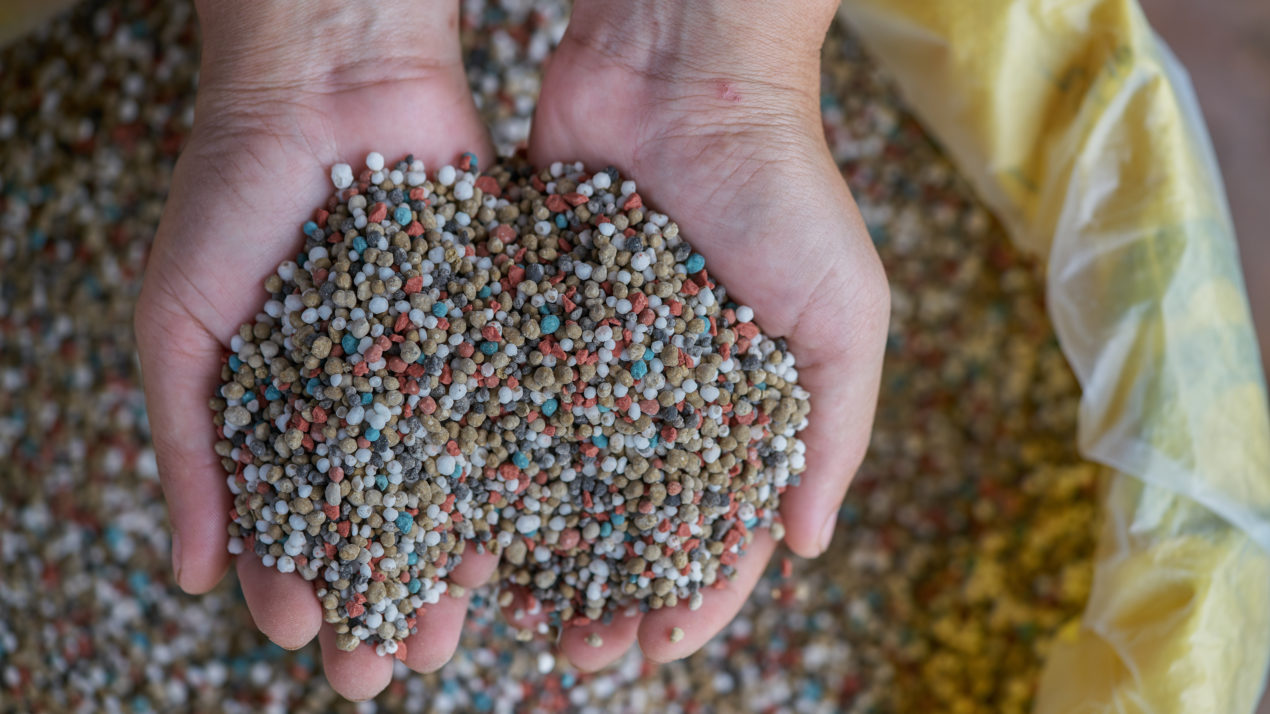
Fuel prices, freight charges and avian influenza are pushing prices up for organic fertilizer. Steve Lundeen manages Midwestern BioAg’s Milledgeville, IL location.
Lundeen says organic farmers typically need nitrogen, phosphate and potassium. Organic farmers also rely on poultry litter, which come from large chicken farms across the Upper Midwest. But he says there’s been challenges because of the bird flu, which have shut down operations or quarantined so trucks cannot enter the property. In addition, some farmers have had to depopulate their flock, which takes manure sources completely out of the equation.
The cost of fuel and freight have also put pressure on getting fertilizers. Lundeen says Midwestern BioAg has been able to secure stable fertilizer supply for the early part of the planting season. That could become tighter as summer approaches.
Lundeen says with prices of inputs up, farmers are looking to alternative soil health practices, such as adding calcium to extract nutrients from the soil. He says the benefit is to improve soil health at a lower cost. He finds interest in organics is increasing, too, because it has been more profitable than conventional farming as consumer demand rises.
He says now is an ideal time to make the 36-month organic transition. The current commodity prices would support a transition.

